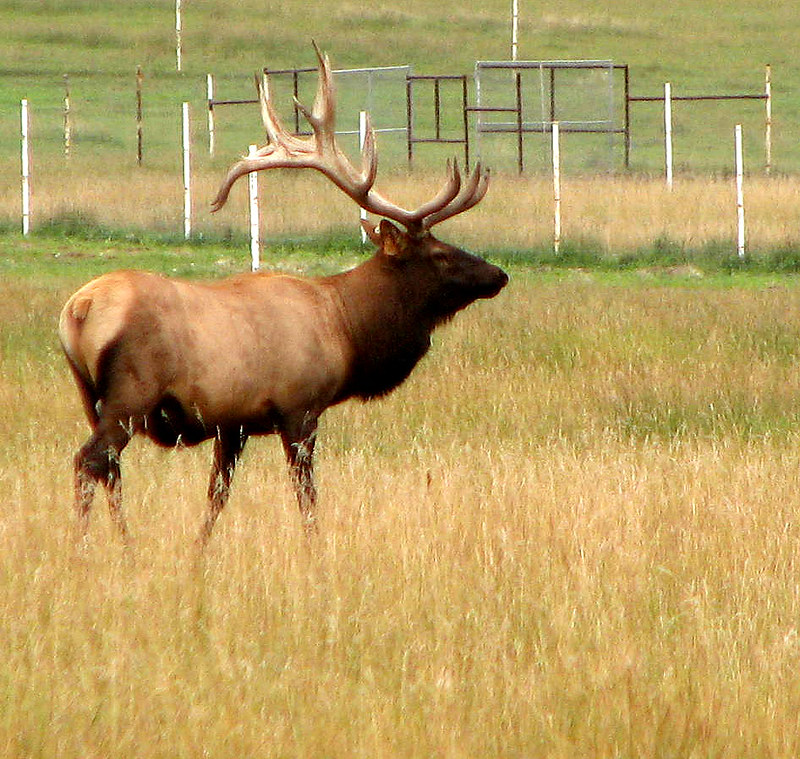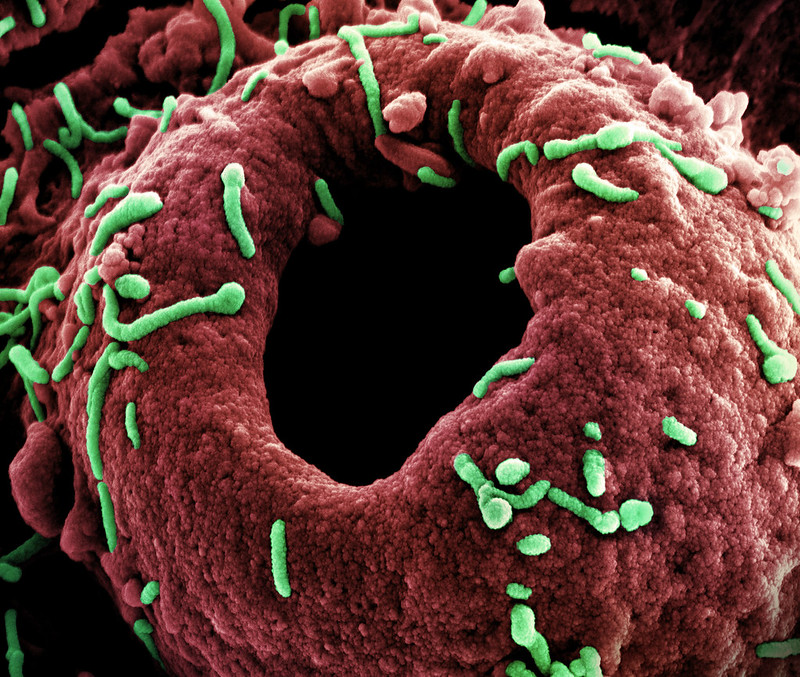
Chronic wasting disease (CWD) has been detected in a captive elk for the first time in Idaho and in a newly affected hunt area in neighboring Washington.
Elk was imported from Canada
The Idaho State Department of Agriculture (ISDA) yesterday said a domestic bull elk tested positive for CWD in Madison County. It had died earlier, and tissue samples were submitted for routine testing. The US Department of Agriculture's National Veterinary Services Laboratory confirmed the findings.
The infected bull was among a group of elk transported to the Idaho ranch in March 2023 from a facility in Alberta, Canada. The elk facility had been approved to import the herd. Shortly after the shipment arrived in Idaho, the ranch in Alberta confirmed a CWD-positive elk.
"Once ISDA was notified of the CWD-positive elk from the Canadian ranch, the shipment that arrived in Idaho was placed under a protective quarantine to restrict further movement of the CWD-exposed animals," the agency said. "All remaining elk that arrived in the 2023 shipment are alive and will remain under state-issued quarantine."
CWD, an always-fatal prion disease that affects member of deer family, was first detected in wild deer in Idaho in 2021, and the following year in wild elk.
Washington CWD total reaches 6
The Washington Department of Fish and Wildlife (WDFW), meanwhile, yesterday confirmed four new CWD cases in Eastern Region 1, bringing the total CWD cases in Washington to six.
All four of the recent cases were hunter-harvested white-tailed bucks. Three of the deer were harvested within 5 miles of the first two positive cases in Spokane County in game management unit (GMU) 124. The fourth was several miles north, near Davis Lake in Pend Oreille County in GMU 117, the first detection in that hunt unit.
We could find additional positive cases.
"There are still several samples awaiting testing at the lab from the areas where these recent cases were confirmed," said Donny Martorello, PhD, chief of the WDFW's Wildlife Science Division. "So, there is the potential that we could find additional positive cases."











